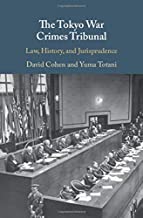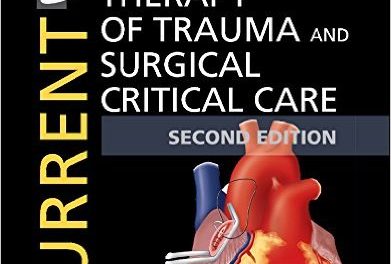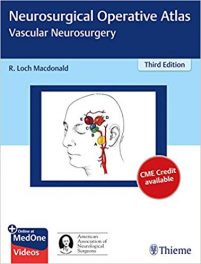 Editors: David Cohen and Yuma Totani
Editors: David Cohen and Yuma Totani
Publisher: Cambridge University Press – 543 pages
Book Review by: Sonu Chandiram
The Tokyo Trial, also known as the Tokyo War Crimes Tribunal, as well as the International Military Tribune for the Far East (IMTFE) was a military trial convened on April 29, 1946, to try the leaders of the Empire of Japan for joint conspiracy to start and wage war (categorized as “Class A” crimes), conventional war crimes (“Class B”) and crimes against humanity (“Class C”).
Eleven countries – Australia, Canada, China, France, India, the Netherlands, New Zealand, the Philippines, the Soviet Union, the United Kingdom, and the United States – provided judges and prosecutors for the court. The defence comprised of Japanese and American lawyers.
Twenty-eight Japanese military and political leaders were charged with 55 separate counts encompassing waging of aggressive war, murder and conventional war crimes committed against prisoners-of-war, civilian internees and the inhabitants of occupied territories. The defendants included former prime ministers, former foreign ministers and former military commanders.
n the course of the proceedings, the court ruled that 45 of the counts, including all the murder charges, were either redundant or not authorized under the IMTFE Charter.
Two defendants died during the proceedings and one was ruled unfit to stand trial. All remaining defendants were found guilty of at least one count. Sentences ranged from seven years’ imprisonment to execution.
The tribunal lasted for more than six months, ending on November 12, 1948.
The authors of this book assert that the Tokyo Trial, like its Nuremberg counterpart, was ‘foundational’ in the field of international law. But because it was the victors of the war, led by the United States, that brought on this trial against Japan and won the trial, it was named “victors’ justice.” Such an outcome makes it difficult to characterize this outcome as ‘foundational’ in the history of international law.
Nevertheless, this book is a significant contribution to the history of the Second World War in particular, as well as to the history of human conflict in general. Below we present to you the titles of the chapters of this book, as an overview of its contents:
Introduction
Aims and Methods
The Relevant Legal Framework
Historiographical Overview
Chapter Overview
- Part I – The Allied War Crimes Policy, the Indictment, and Court Proceedings
- The Framework of the Trial
- Charges of Crimes Against Peace
- The Japanese System of Government
- Individual Roles in the Making of the War, and the Overall Conspiracy
- Counts on Murder, War Crimes, and Crimes Against Humanity
- Accountability for War Crimes
- Part II – The Law and Jurisprudence of the Judgments and Separate Opinions
- The Majority Judgment: Crimes Against Peace
- An Alternative Perspective on Accountability for Crimes against Peace: The Two Webb Judgments
- The Majority Judgment on War Crimes
- An Alternative Tokyo Judgment: The Draft Webb Judgment on War Crimes
- The Dissenting Opinions of Justices Bernard and Roeling
- Pal’s “Judgment” or Dissenting Opinion, on Crimes against Peace
- Pal’s treatment of War Crimes Charges
- The Concurring Opinions of Justices Webb and Jaranilla
Conclusion
In this valuable historical and legal work, primary sources of information were used to make the case against the Japanese government, including original court transcripts, exhibits, five separate concurring and dissenting sets of opinions, and the final majority judgment. The evidence presented and the thorough legal analyses of the cases presented by the two sides makes this book an important book in history and international law on this controversial trial.
Authors:
David Cohen directs the WSD Handa Center for Human Rights and International Justice at Stanford University (formerly the War Crimes Studies Center at University of California, Berkeley where Cohen taught for 35 years before moving the Center to Stanford in 2013). He publishes on international criminal law, transitional justice, human rights, classics, and comparative legal history. While also directing human rights, rule of law, and accountability projects in South and Southeast Asia and Africa.
Yuma Totani is a historian of modern Japan and presently teaches at the University of Hawaii. Her research interests are in World War II and war crimes trials in Asia and the Pacific. She is the author of The Tokyo War Crimes Trial (2008), and Justice in Asia and the Pacific Region, 1945-1952 (2015). She has received various fellowships, including a national Fellowship from the Hoover Institution (2016), the Frederick Burkhardt Residential Fellowship (2012) and the Abe Fellowship (2011).






